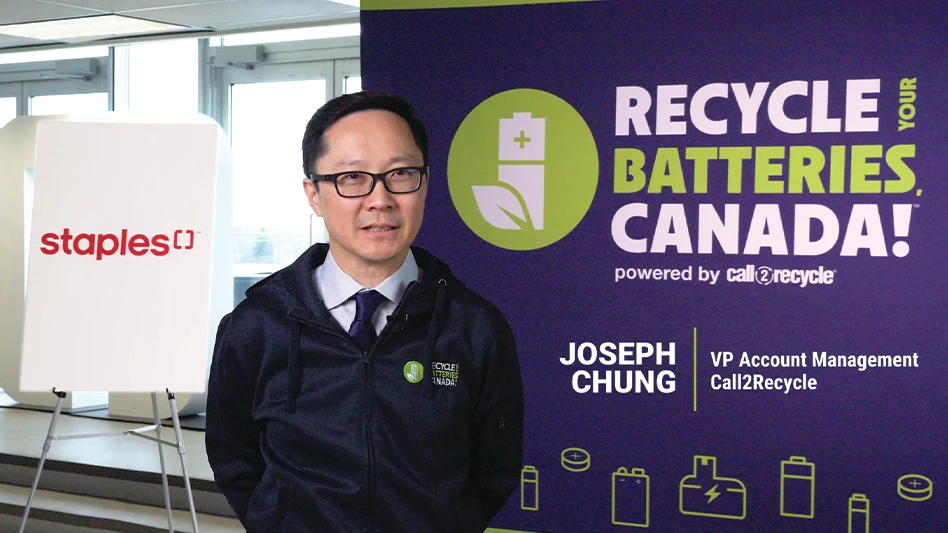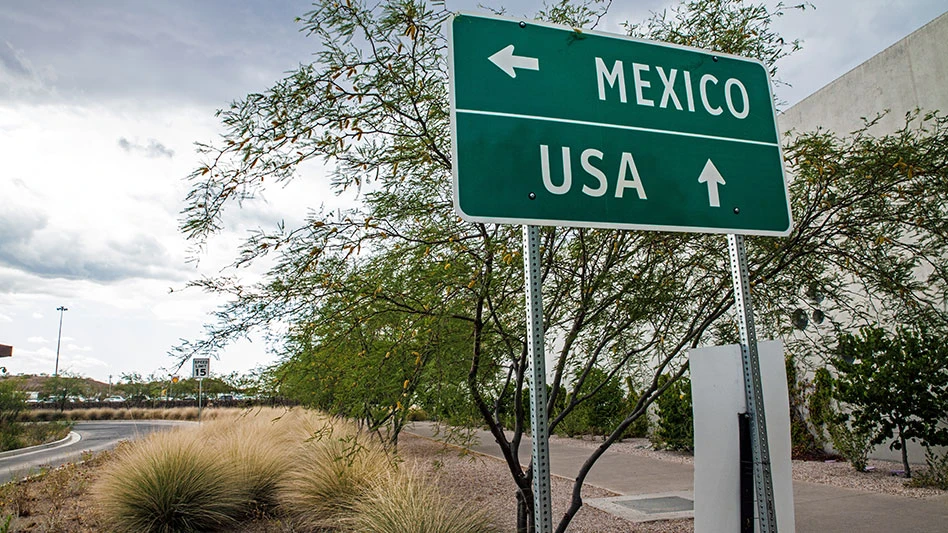Winds of Change
Domestic scrap generation has softened somewhat, making competition among regrinders for post-industrial material more intense. The recent hurricanes in the Gulf Coast region may serve to further intensify competition for material.
"Domestic scrap generation has slacked off a bit, but since the markets are so high, lots of secondary scrap is being collected," a regrinder based in the Southeast says. She says her company has been able to maintain the volume of material it is grinding despite the dip in generation.
A reprocessor based in Texas says he expects further softening in generation before the end of the year in response to Hurricane Ike and the other storms that have affected the Gulf Coast. "There are going to be a lot of factories not using plastic and not generating scrap," he says.
A Georgia-based recycler shares his outlook. "The hurricanes are going to hurt. There will be a shortage of material in the next couple of months because facilities are shut down over there," he says.
Even prior to the storms, the Georgia-based reprocessor says there wasn’t enough material available for all the buyers.
Demand, however, appears to be strong at present. "Domestic demand for regrind is very strong, with many companies looking at using recycled [plastics] for the first time in light of high prime prices," the regrinder based in the Southeast says. "They are having to enter the market high as late-comers in order to pull material away from companies who have been using recycled already."
She adds, "While most engineering and commodity grade materials remain strong, the biggest boost in demand stems from prime producers putting out upcoming price increases."
The Texas-based reprocessor says buyers are putting downward pressure on prices for recycled plastics and he expects that to continue through February.
Demand for polypropylene (PP) has been strong for the last few months, the Georgia-based recycler says, though it started to dip prior to the hurricanes. The storms have helped to boost demand and pricing, however, and the recycler says he expects the material to remain strong for a few months more.
Export demand also has remained steady, according to sources, with orders for commodity grades as well as engineering grades and stretch film reported. However, the Texas-based recycler says Chinese buyers have been pushing down the price for PET (polyethylene terephthalate). As a result, PET pricing has declined by 5 cents in the last two months, he says. Chinese buyers have been unable to realize lower prices for other secondary plastics, however, thanks to good domestic demand, the Texas-based recycler adds.
China reduced imports and even restricted imports of some secondary materials leading up to the Olympics, but sources say the effect was minimal. Now that the Olympics have concluded, the Georgia-based recycler says, "I think they will start being less particular about what they take. I think they will go back to their old ways."
Domestically, container availability remains tight and the recent hurricanes have affected the availability of trucking in the Southeast, according to sources.
On the legislative front, plastic bags continue to be the target of proposed legislation in many U.S. cities and municipalities, including the Hawaiian counties of Maui and Hawaii, which recently approved legislation that bans plastic bags, joining San Francisco and Los Angeles.
"Many grocery and retail stores in Maui and Hawaii already offer at-store programs that allow consumers to bring their used plastic bags back for recycling," Shari Jackson, director of the Progressive Bag Affiliates of the American Chemistry Council, says. "The County Council’s decisions were particularly disappointing as they came after repeated offers from plastic bag makers and retailers to work with local governments to help promote plastic bag recycling among consumers."
Jackson adds, "More Americans are recycling plastic bags and film than ever before, driven by a growing realization that plastic bags and film are too valuable to waste."
She says plastic bag recycling in the U.S. increased by 24 percent in 2006, reaching a new high.
(Additional news about plastics recycling markets is available online at www.RecyclingToday.com.)
Get curated news on YOUR industry.
Enter your email to receive our newsletters.

Explore the October 2008 Issue
Check out more from this issue and find your next story to read.
Latest from Recycling Today
- Recycled steel price crosses $500 per ton threshold
- Smithers report looks at PCR plastic’s near-term prospects
- Plastics association quantifies US-EU trade dispute impacts
- Nucor expects slimmer profits in early 2025
- CP Group announces new senior vice president
- APR publishes Design Guide in French
- AmSty recorded first sales of PolyRenew Styrene in 2024
- PRE says EU’s plastic recycling industry at a breaking point





